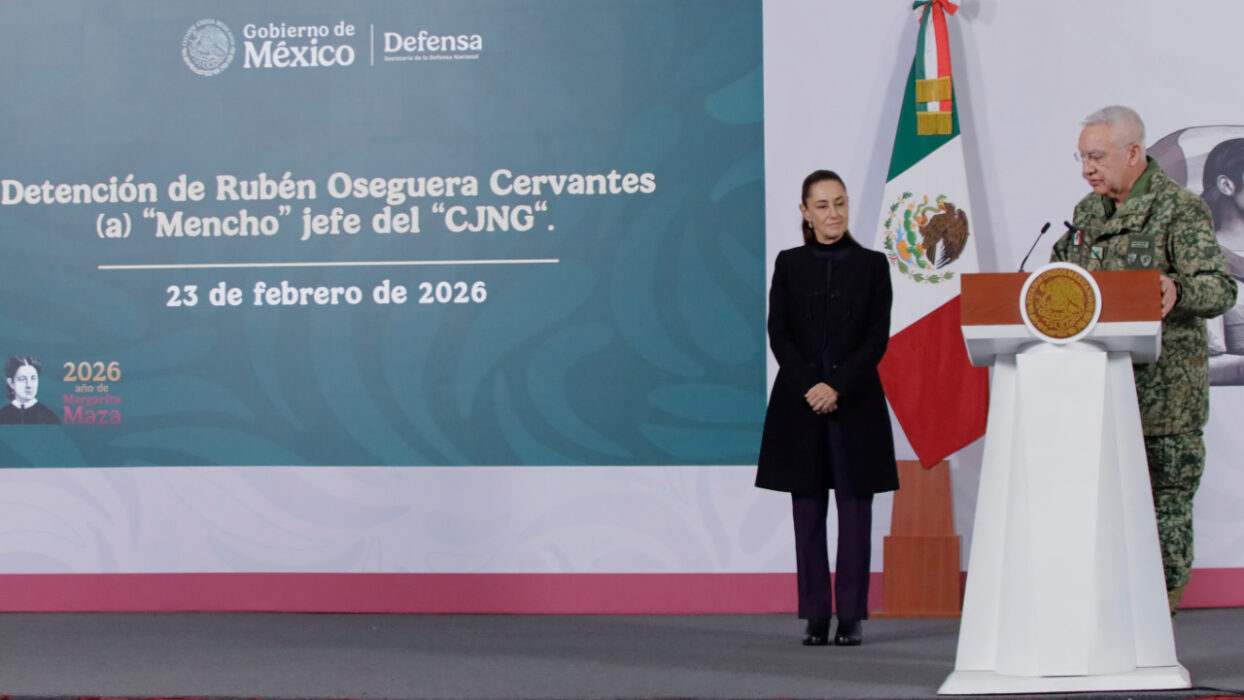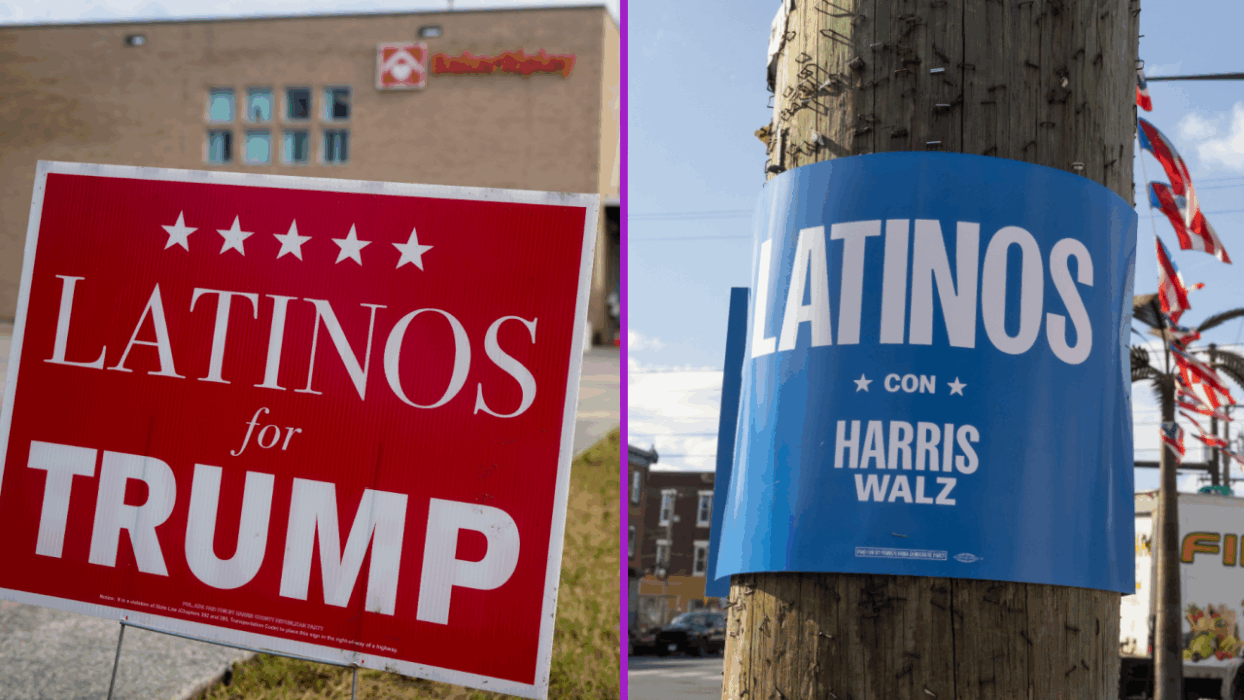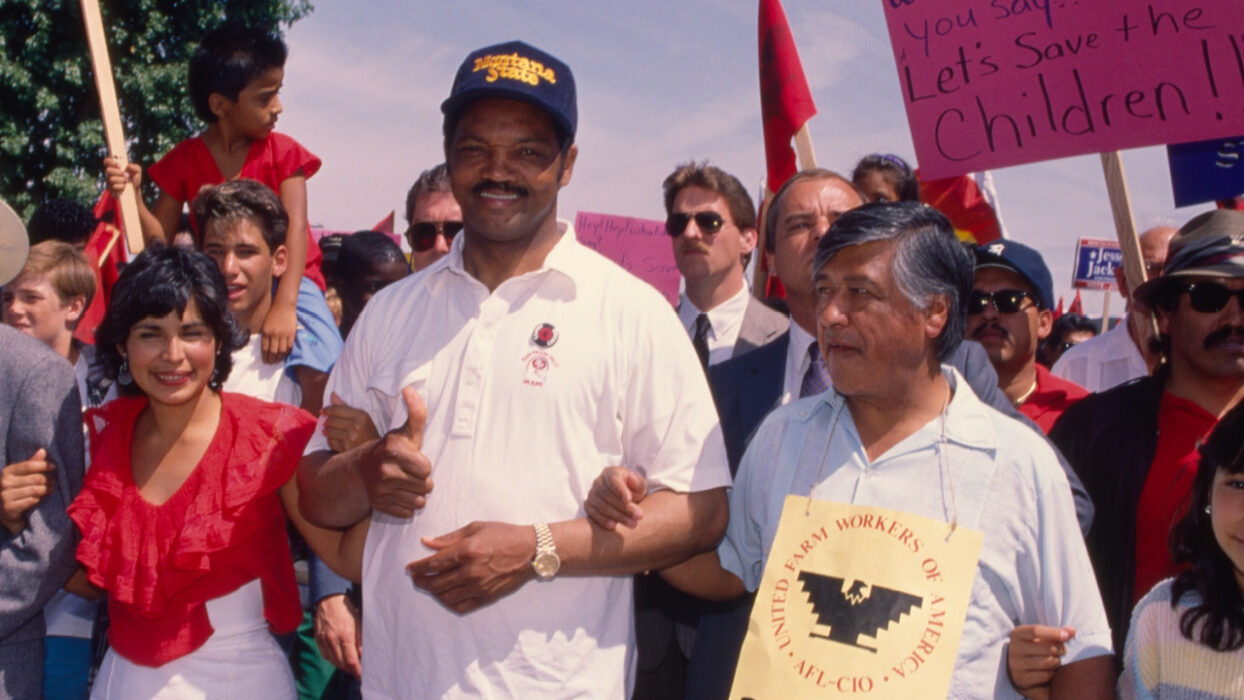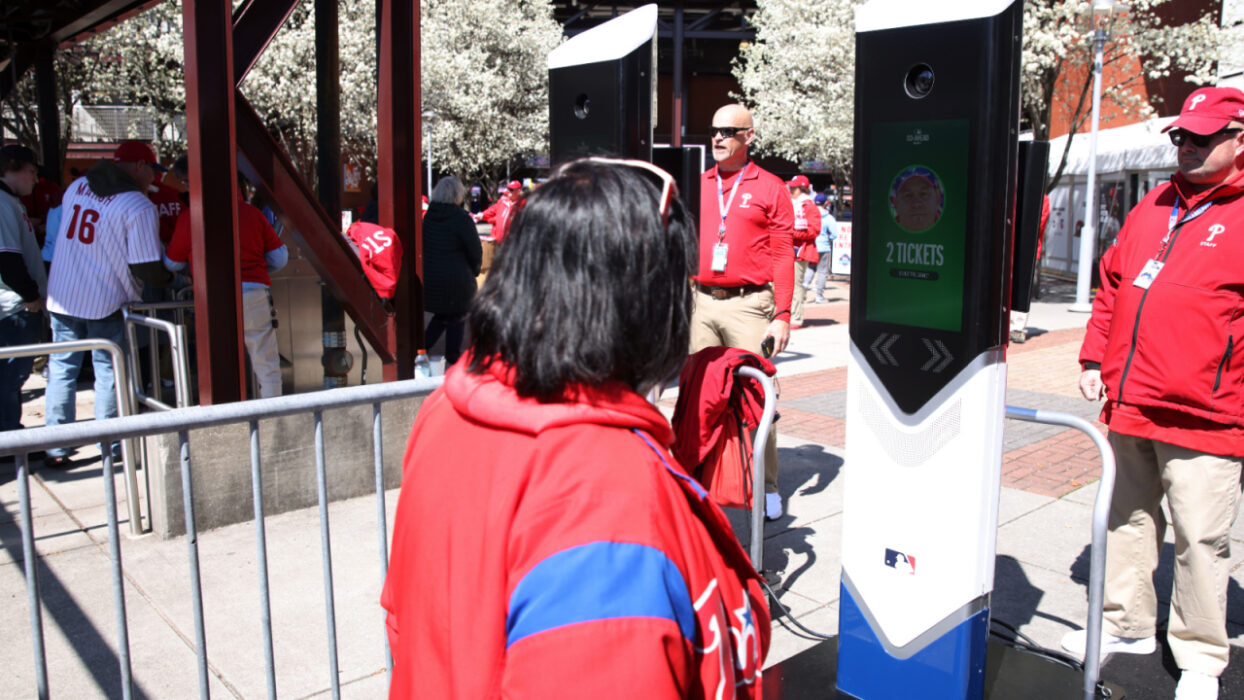
Pepe Mujica, Uruguay’s Humblest President, Dies at 89
José “Pepe” Mujica, Uruguay’s most beloved president and Latin America’s most iconic political philosopher, passed away on May 13, 2025, just days before turning 90. From guerrilla fighter to president, from solitary confinement to international respect, Mujica lived a life that defied convention and rejected materialism.
He died at his farmhouse on the outskirts of Montevideo after battling esophageal cancer. His wife, former senator and guerrilla Lucía Topolansky, stood beside him until the end. Uruguay has declared three days of mourning—but the world, too, feels the loss of someone who reminded us, as he once told The New York Times, “I’m not a poor president. Poor are those who need a lot.”
“If I have to live all my life thinking about how much I own, I’m a slave”
Born in 1935 in Paso de la Arena, Mujica was raised by a single mother after his father died when he was young. He dropped out of university and turned to activism early, joining the Tupamaros, a Marxist guerrilla group inspired by Cuba’s revolution.
According to Reuters, he was arrested multiple times and shot six times during a police standoff in 1970. He later escaped prison twice and spent over a decade in solitary confinement during Uruguay’s military dictatorship. He said it was in that solitude, often talking to ants and hallucinating, that he truly came to know himself.
“Politics is the struggle for happiness for the greatest number of people”
After democracy was restored in 1985, Mujica laid down his arms and entered politics. He helped form the Movimiento de Participación Popular (MPP), which joined the leftist Broad Front coalition. Elected to parliament in 1994, he gained popularity for his authenticity, showing up on his moped and living as simply as any voter.
By the time he became Uruguay’s president in 2010, he was already a legend for rejecting the presidential mansion, donating 90% of his salary, and driving his iconic 1987 Volkswagen Beetle. “It’s a phenomenal car,” he told Reuters in 2024. “But I prefer my tractor—it gives you more time to think.”
For Pepe Mujica, “Being free is spending most of your time on what you like”
As president from 2010 to 2015, Mujica enacted some of Latin America’s most progressive laws. Under his leadership, Uruguay became the first country in the world to legalize marijuana and among the first to legalize same-sex marriage and abortion. Poverty declined, the economy grew, and Uruguay became a leader in renewable energy.
But Mujica didn’t pretend his government was perfect. Education reform lagged. Infrastructure plans faltered. Still, as the BBC noted, he left office with a 70% approval rating—and zero corruption allegations.
“The world is run by old people who forget what they were like when they were young”
Even in his final year, Mujica remained sharp and reflective. Diagnosed with cancer in 2024, he declined further treatment in early 2025, telling Uruguay’s Búsqueda: “I’m doomed, brother. This is as far as I go.”
His last political act? Campaigning for Yamandú Orsi, who won the 2024 election and announced Mujica’s death to the public. “Thank you for everything you gave us and for your deep love for your people,” Orsi wrote on X.
Mujica once said the day he was freed from prison was more meaningful than being elected president. It’s how he lived afterward—devoted to community, humility, and truth—that made him unforgettable.
In the end, Pepe Mujica taught us that “The only losers are those who stop fighting”
Thousands flooded the streets of Montevideo to bid farewell to “El Pepe.” His coffin, draped in Uruguay’s flag, traveled through the city on a gun carriage as mourners chanted, “¡Pepe querido, el pueblo está contigo!”
Pepe Mujica wasn’t a typical politician. He was a philosopher in work boots, a revolutionary with a garden, and a statesman whose greatest legacy may be reminding the world that power, when honest, can look like simplicity.
And in his words, “Life is beautiful. But it wears out. The point is to start over every time you fall.”




